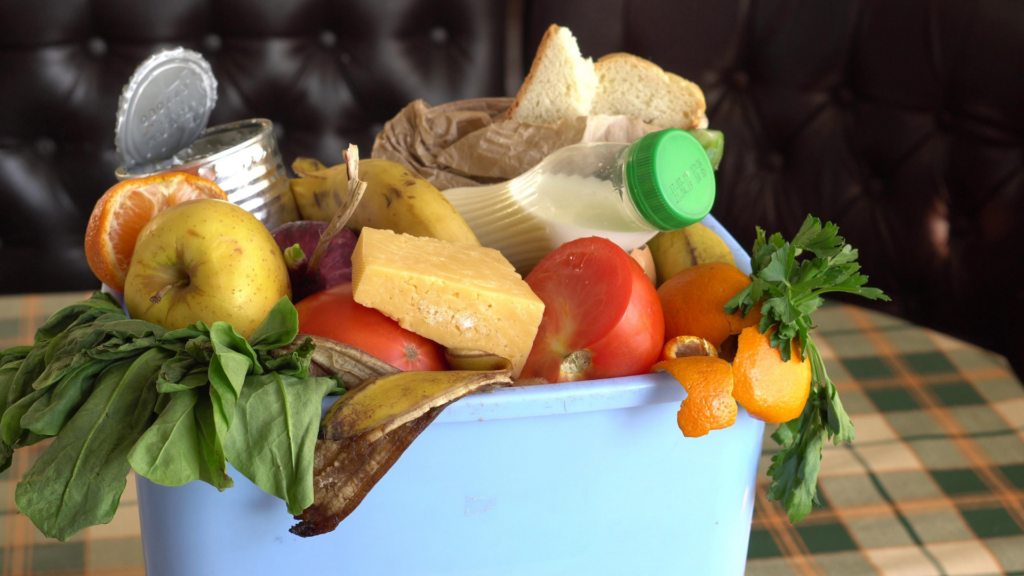NGOs across the EU fear that political resistance against sustainable food policies is threatening to derail the process for an EU Sustainable Food System Law scheduled for early Autumn this year
A recent leaked document shown to The Brussels Times disclosed that the European Commission was concerned that opposition against the law might derail the time table. Against this backdrop, 286 organisations issued on Monday an open letter urging Commission President Ursula von der Leyen to ensure that the Commission proposal is presented as planned.
The letter is also addressed to the Commissioners in charge of the files on the Farm to Fork Strategy and the European Grean Deal, Executive Vice-President Frans Timmermans, and Commissioners Stella Kyriakides, Janusz Wojciechowski and Virginijus Sinkevičius.
In the letter, the undersigned organisations urge the European Commission to ensure that a strong proposal for an EU legislative framework for sustainable food systems is presented by September 2023.
“Making healthy and sustainable food the easiest and most affordable choice is therefore key to the effective implementation of the Food to Fork strategy, as it will help consumers and the food industry support sustainable producers. Biodiversity loss and climate change are serious threats to food security and require immediate action.”
“For these reasons, the European Commission must keep environmental and social sustainability at the centre of the policy debate around food, agriculture and fisheries,” the letter ends.
“The fact that this letter has received such overwhelming support from all corners of Europe shows that people need this law,” commented Giulia Riedo, Agriculture and Sustainable Food Policy Officer at WWF European Policy Office.“
The purpose of the one-page letter was to show the unanimity among the organisations in the EU member states on the need for a transition to a sustainable food system. A previously reported, the Farm to Fork Strategy is at the heart of the European Green Deal.
One of the issues in the Strategy is the current factory farming. Agriculture is responsible for 10.3% of the EU’s green-house gas (GHG) emissions and nearly 70% of those come from the animal sector. In addition, 68% of the total agricultural land is used for animal production.
Current food consumption patterns are unsustainable from both health and environmental points of view. While about 20% of the food produced is wasted, obesity is also rising. Over half of the adult population are now overweight, contributing to a high prevalence of diet-related diseases.
Related News
- Belgium in Brief: The plight of the frituurs
- New food recycling techniques could lead to 'zero waste'
When presenting the Strategy, Stella Kyriakides, Commissioner for Health and Food Safety, said that the highly intensive farming systems in Europe has created “significant waste and at times also animal suffering”.
“These phenomena deeply worry me,” she said. “The parts that don’t work are ethically questionable and socially and environmentally unacceptable. Our citizens expect more and we will deliver a better balance to ensure that farming practices are sustainable and food is affordable. Animal welfare is among my priorities. It has always been a concern to me, an issue close to my heart.”
In June 2022, the European Commission adopted proposals to restore damaged ecosystems, bring nature back across Europe, from agricultural land and seas, to forests and urban environments, and to reduce the use of chemical pesticides by 50% by 2030.To achieve these objectives, the Commission is proposing a Nature Restoration Law.
M. Apelblat
The Brussels Times

